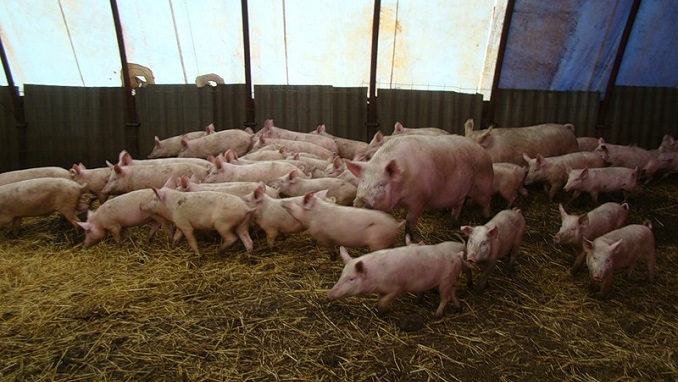The Black Sea grain deal that aims to ease global food shortages by enabling agricultural exports from Ukraine’s southern Black Sea ports was extended for 120 days.
Nevertheless, Moscow said that its own objectives had not yet been completely met, Reuters reports.
By enabling shipments to continue from three ports in Ukraine, a significant producer of grains and oilseeds, the deal, first struck in July, created a secured maritime transit corridor and was intended to ease global food shortages.
The UN, which Moscow views as essential to the deal, is also “totally committed to reducing the remaining hurdles to exporting food and fertilizers from the Russian Federation,” according to Guterres.
The Black Sea grain agreement will remain in place for an additional 120 days beginning on November 18 according to the Russian foreign ministry.
According to two individuals involved with the negotiations, the renewal has not yet included an agreement on the export of Russian ammonia via a pipeline to the Black Sea. However, one of the insiders noted that Russia will continue its efforts to resume those exports. A vital component of fertilizer is ammonia.
Volodymyr Zelenskyy, the president of Ukraine, stated in September that he would only support the notion of restarting Russian ammonia shipments through Ukraine if Moscow returned prisoners of war. The Kremlin swiftly rejected this notion.
Rebeca Grynspan, secretary-general of the U.N. Conference on Trade and Development stated that the resumption of the Black Sea grain program is excellent news for both global food security especially for the poor nations, calling it a “beacon of hope.”
The 120-day stretch was significantly shorter than the one-year request made by both Ukraine and the UN. This week, Russia stated that the deal’s existing term seemed “reasonable.”



